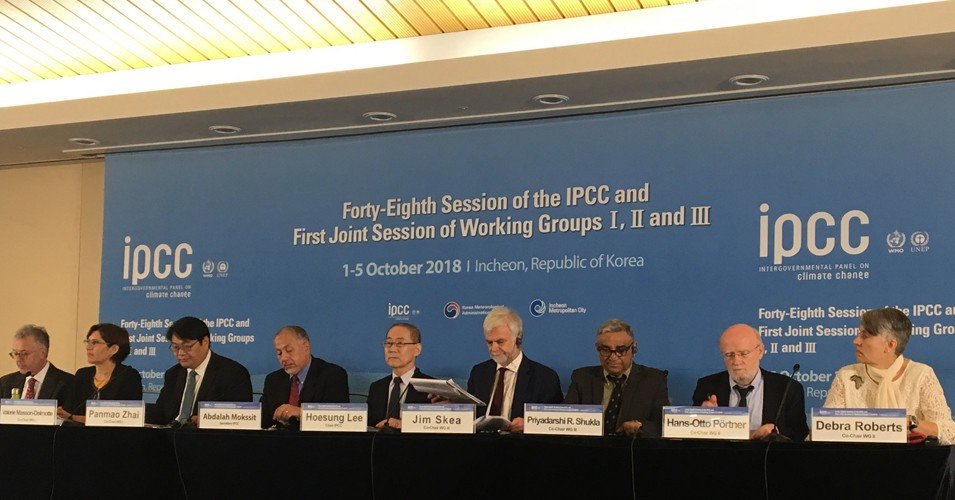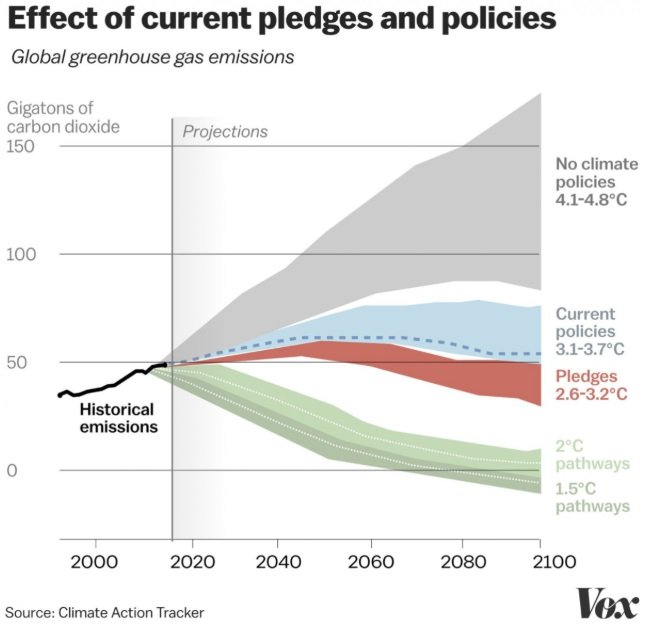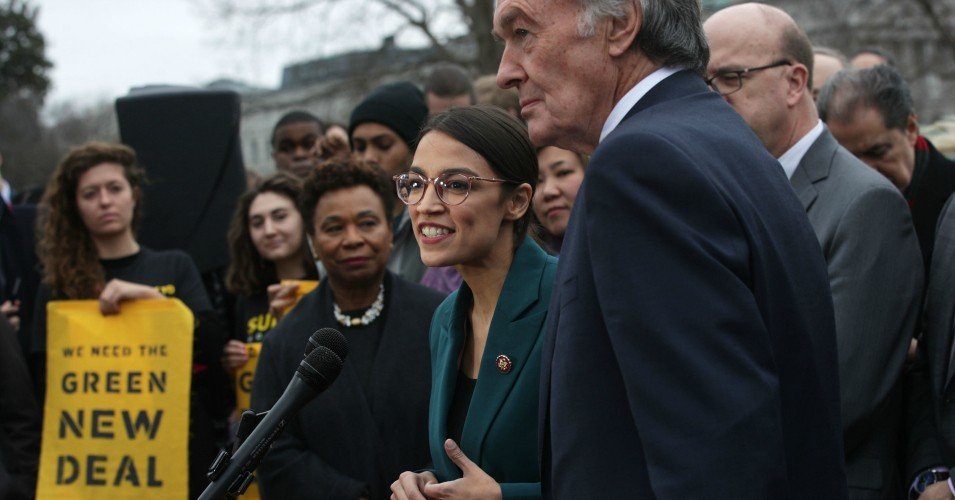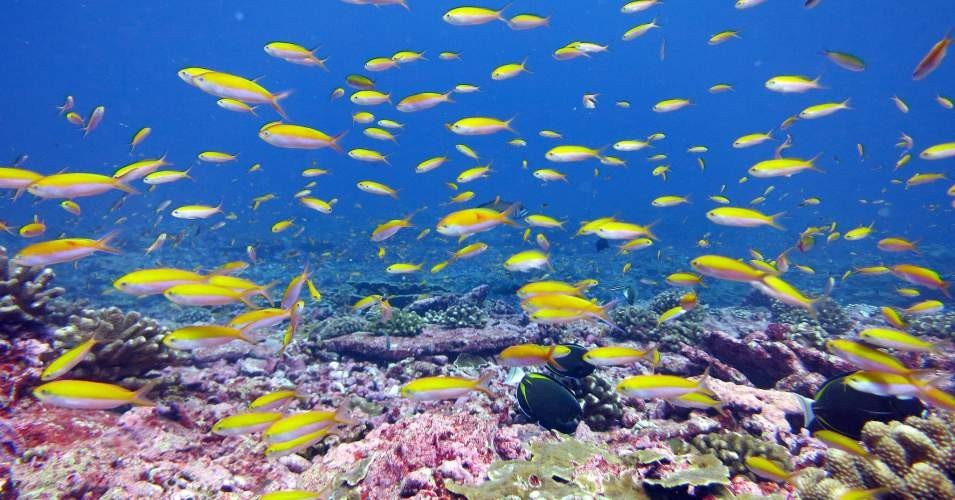
We have 12 years to avoid climate catastrophe, UN warns.
The latest report from the Intergovernmental Panel on Climate Change (IPCC) was published on Monday, 8th October.
They warned governments and the public that 2.0C of warming will be catastrophic for the planet. They have urged people to make huge changes to their lifestyles to limit warming to 1.5C. Warming of just 0.5C would mean hundreds of millions of people experience droughts, extreme heat, floods, and poverty.

At 2.0C of warming, extremely hot days would become more common and severe. They would cause deaths and more wildfires. Sea level rise will effect 10 million more at the higher temperature. Likewise, 50% more people will experience water stress.
“It’s a line in the sand, and it says that this is the moment, and we must act now” said Debra Roberts, Co-Chair of the working group on impacts.
Nature will be impacted the worst. Insects, vital for crop pollination, and plants may lose twice as much habitat at 2.0C, compared with 1.5C. At 2.0C, 99% of the world’s coral reefs will be lost. However, at 1.5C, 10% can be saved.
 By 2040, the world will have warmed by 2.7c. It’s essential that large-scale action is taken now. If we do not take immediate action, we will have to rely on geoengineering. This has not been tested and could have very serious negative impacts.
By 2040, the world will have warmed by 2.7c. It’s essential that large-scale action is taken now. If we do not take immediate action, we will have to rely on geoengineering. This has not been tested and could have very serious negative impacts.
The report highlighted 4 possible paths to stay within 1.5C of warming. Each of the 4 paths require an urgent halt to deforestation, and reforestation is essential. Forests usually hold carbon safely. But, as they are cut down, they release large amounts of carbon.
“Our planet’s future climate is closely tied to the future of the forests.”
Our forests absorb about 1/4 of the carbon from human activity. Losing the forests would release more than 3 trillion tons of carbon dioxide. This is more carbon than all the oil and gas we have now.
The IPCC scientists have stated that world leaders have a moral duty to become carbon neutral by 2050. However, governments cannot achieve this target alone. Mary Robinson, a UN special envoy on climate said:
“It’s really important that governments take the responsibility, but we must all do what we can”.
What can people do?
Transportation: We should all travel less, especially air travel should be limited. Public transportation should be used more and car sharing should be encouraged, as should electric cars.
Buildings: Air conditioners and heaters should be used less and turned off when not necessary.
Diets: To meet the 1.5C target, meat consumption has to drop by 30% globally. Those in rich countries will have to cut down on the most.
It is clear is we have wasted too much time. Our governments have been too slow to act. To give our children and grandchildren a future with less droughts, extreme heat, floods, and starvation, we must all act now, before it’s too late.
Sources
https://www.commondreams.org/news/2018/10/08/un-experts-warn-climate-catastrophe-2040-without-rapid-and-unprecedented-global
https://www.theguardian.com/environment/2018/oct/08/global-warming-must-not-exceed-15c-warns-landmark-un-report
https://www.theguardian.com/environment/2018/oct/08/world-leaders-have-moral-obligation-to-act-after-un-climate-report
https://www.nationalgeographic.com/environment/2018/10/ipcc-report-climate-change-impacts-forests-emissions/






